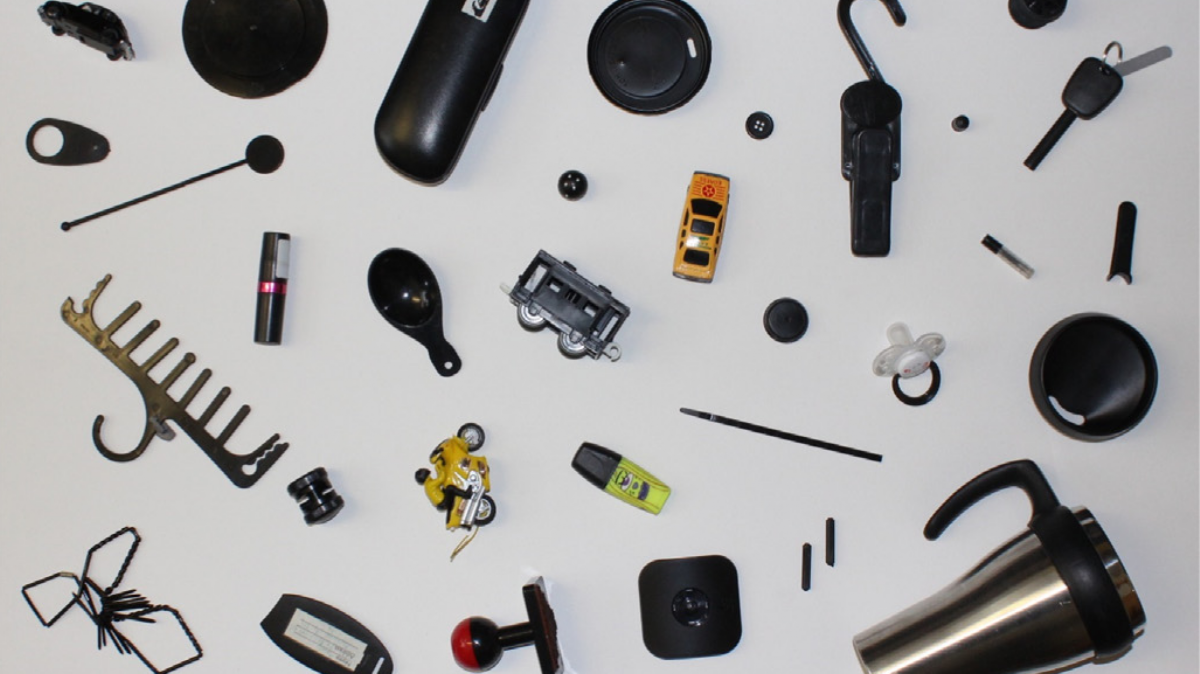Toxic Chemicals From E-Waste Are Working Their Way Into Our Food Packaging

Black plastics are notoriously hard to recycle, which has led to the introduction of toxic chemicals into consumer products using recycled black plastics. Each year the world generates about 50 tons of e-waste—electronic items that are trashed because they are no longer useful or considered outdated—but only about 13 percent of this e-waste is recycled. This is a huge problem in itself, since most of this e-waste ends up in landfills in developing countries where the toxic chemicals found in the waste leach into local water supplies and poison the environment.
According to new research published in Environment International, however, even recycled e-waste poses a significant health risk because it contains toxic materials and is often used to make black plastics that come in contact with food. Black plastics are colored using carbon black, a type of industrial pigment that is a desired additive in plastics for its durability and color. Its versatility means that it can be found in everything from garbage bags and DVD cases to coffee cup lids, plastic utensils, and takeout containers—in fact, black plastics account for about 15 percent of plastic waste in the UK, which has some of the best data on the stuff.
According to Turner, the problem is that carbon black is incredibly difficult to recycle using current plastic sorting techniques.
Source: vice.com